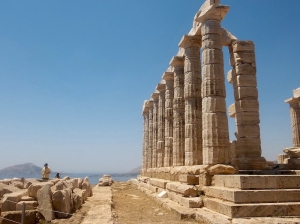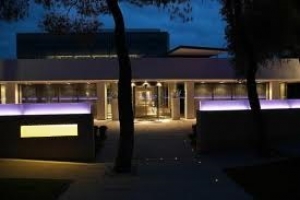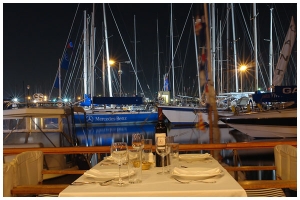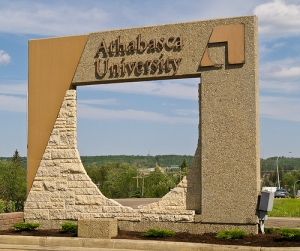Superfoods are becoming extremely popular and, thankfully, Greek cuisine is full of them. Packed with high levels of vitamins, antioxidants, and minerals the following foods provide countless benefits that will help you live a longer, healthier, and happier life!
1. Extra virgin olive oil

Source: Getty Images
Olive oil, or "Liquid Gold" as Homer used to call it, has been part of Greece’s history for more than 2,000 years. It is an irreplaceable nutritional component of the Greek diet and also part and parcel of Greek culture and religion. Extra virgin olive oil has extremely powerful antioxidant properties, it can increase HDL or "good" cholesterol, and is said to prevent a number of illnesses, including heart attacks, strokes, and even breast and rectal cancer.
2. Tahini

Source: etorres69
Tahini is a paste made from toasted, ground sesame seeds with a light, nutty flavor. A spoonful of tahini, especially wholemeal, is the perfect natural nutritional supplement. Tahini is full of healthy fats, 50% of which come from monounsaturated fatty acids with anti-inflammatory properties. It's also a great source of phosphorus and manganese, making the ideal treat for bone health, s well as vitamins B1 and B6, highly important for energy production.
3. Mastic
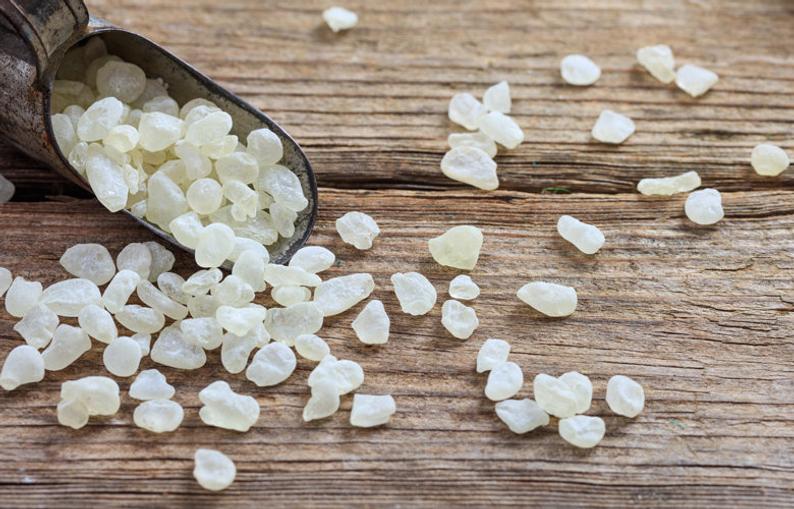
Source: Wikipedia
The Greek island of Chios is the exclusive home to the famous mastic, a kind of aromatic resin, widely praised all around the world for its distinct taste and therapeutic properties. Its antioxidant extract is said to prevent the development of atherosclerosis and various heart diseases. Being high in polyphenols, mastic can reduce blood glucose and cholesterol levels, while also providing plaque-fighting ingredients.
4. Honey

Source: Rapeepong Puttakumwong/Getty Images
In addition to its delightful taste and rich texture, Greek honey has great antibacterial qualities, and, according to some researchers, it can prevent cancer. Its more than 180 nutrients include good carbohydrates, antioxidants, B vitamins, and minerals such as iron, magnesium, and zinc. For centuries, it has been used as a treatment for sore throat, cough, minor burns, cuts, and other infections.
5. Saffron

Source: robynmac/Fotolia
Originating in Kozani, Greek saffron belongs to the highest quality of saffron in the world. Also called the "Gold of Greek Earth", it has been one of the most popular spices since antiquity, not only for its flavor and impressive purple color but also for its great pharmaceutical and aphrodisiac properties. Among others, it is said to relieve kidney pains, facilitate digestion, limit whooping cough, and cure pimples. Every autumn, the residents of Kozani remove by hand the precious spots of the beautiful flower, thus making it extremely valuable!



